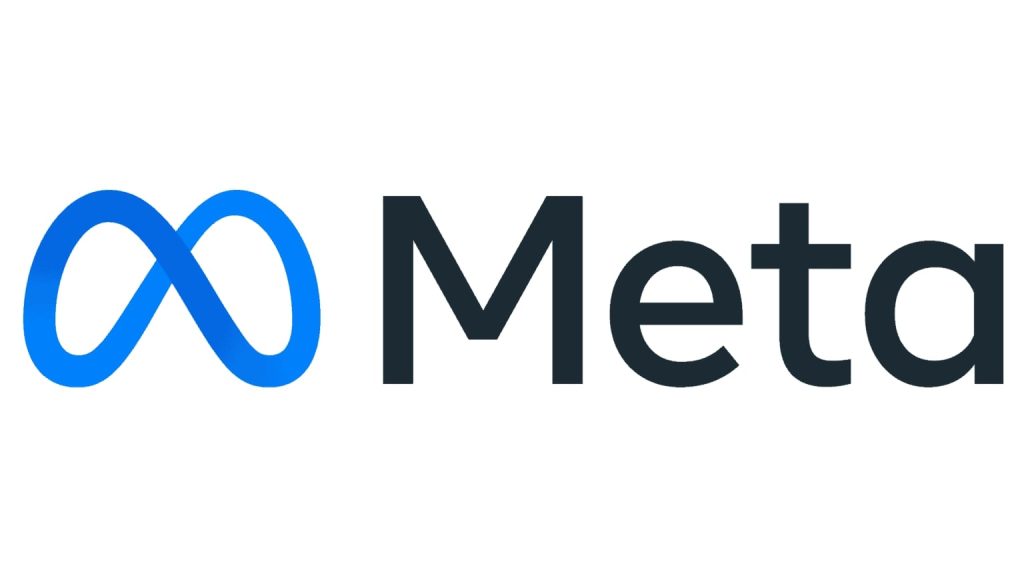In a recent inquiry, Facebook, owned by Meta, has admitted to scraping public photos, posts, and other data from the accounts of Australian adult users to train its artificial intelligence (AI) models. This revelation has sparked concerns about privacy and data protection, especially given that Australian users, unlike their European counterparts, are not offered an opt-out option.
The Scope of Data Collection
During the inquiry, Meta’s global privacy director, Melinda Claybaugh, confirmed that the company has been collecting data from public posts on Facebook and Instagram dating back to 2007. This includes all public content unless users have explicitly set their posts to private. The practice affects adult users in Australia, with Meta claiming that accounts of individuals under 18 are not scraped.
However, a concerning aspect emerged when it was revealed that public photos of children posted on adult accounts are indeed collected. This raises questions about the extent of data collection and its potential impact on minors’ privacy.

Differences in Privacy Protection
A key point of contention is the disparity in privacy protections offered to users in different regions. While European Union (EU) citizens are given the option to opt out of having their data used for AI training, thanks to strict privacy laws like the General Data Protection Regulation (GDPR), Australians are not afforded the same choice.
Meta attributes this difference to the varying regulatory landscapes. In Europe, ongoing legal questions surrounding the interpretation of existing privacy laws with respect to AI training have led Meta to pause the launch of its AI products in the region. Consequently, European users are offered an opt-out option, a courtesy not extended to Australian users.
Implications and Concerns
The revelation has raised several concerns:
- Privacy Protection: The lack of an opt-out option for Australians highlights the need for stronger privacy laws in the country.
- Children’s Data: While Meta claims not to scrape data from under-18 accounts, the collection of children’s photos from adult accounts poses potential risks.
- Historical Data: Questions remain about the use of historical data from users who were minors when they created their accounts but are now adults.
- Consent and Transparency: The practice of using user data for AI training without explicit consent raises ethical questions.
Government Response and Future Regulations
The Australian government has recently announced plans to set a minimum age limit for children to use social media, citing mental and physical health concerns. Prime Minister Anthony Albanese stated that an age verification trial would be conducted before introducing age minimum laws, likely setting the limit between 14 and 16 years old.
While the primary motivation for this age limit is not related to data scraping, the recent revelations about Meta’s practices could influence the final decision and potentially lead to broader discussions about data protection and privacy in Australia.
Industry-Wide Practice and Global Implications
It’s worth noting that Meta is not alone in using public posts to train its AI models. Other social media platforms have faced similar scrutiny. For instance, X (formerly Twitter) has been accused of unlawfully using personal data from over 60 million users to train its AI, Grok.
The situation highlights a growing tension between the data needs of AI development and individual privacy rights. AI companies argue that access to vast amounts of data is necessary to create powerful and unbiased AI tools. However, this need often conflicts with privacy concerns and the principle of informed consent.
Recommendations for Users
Given the current situation, experts recommend that users take the following precautions:
- Think carefully before sharing: Consider the potential implications of sharing photos and information online, especially those involving children.
- Adjust privacy settings: Regularly review and update privacy settings on social media accounts to limit public access to personal information.
- Read terms and conditions: Pay attention to the terms of service for online platforms, looking for information about data usage and opt-out options where available.
- Stay informed: Keep up to date with changes in privacy laws and platform policies that may affect how your data is used.

The revelations about Meta’s data scraping practices in Australia have opened up a broader conversation about data privacy, AI development, and the need for updated regulations. As AI technology continues to advance, it’s likely that we’ll see more debates and potential policy changes aimed at striking a balance between technological progress and individual privacy rights.
For now, the onus is on users to be vigilant about their online presence and on governments to consider whether current privacy laws adequately protect citizens in the age of AI. The situation in Australia serves as a reminder of the global nature of these challenges and the need for coordinated international efforts to address them.
Copyright©dhaka.ai
tags: Artificial Intelligence, Ai, Dhaka Ai, Ai In Bangladesh, Ai In Dhaka, Future of AI, Artificial Intelligence in Bangladesh, Meta



